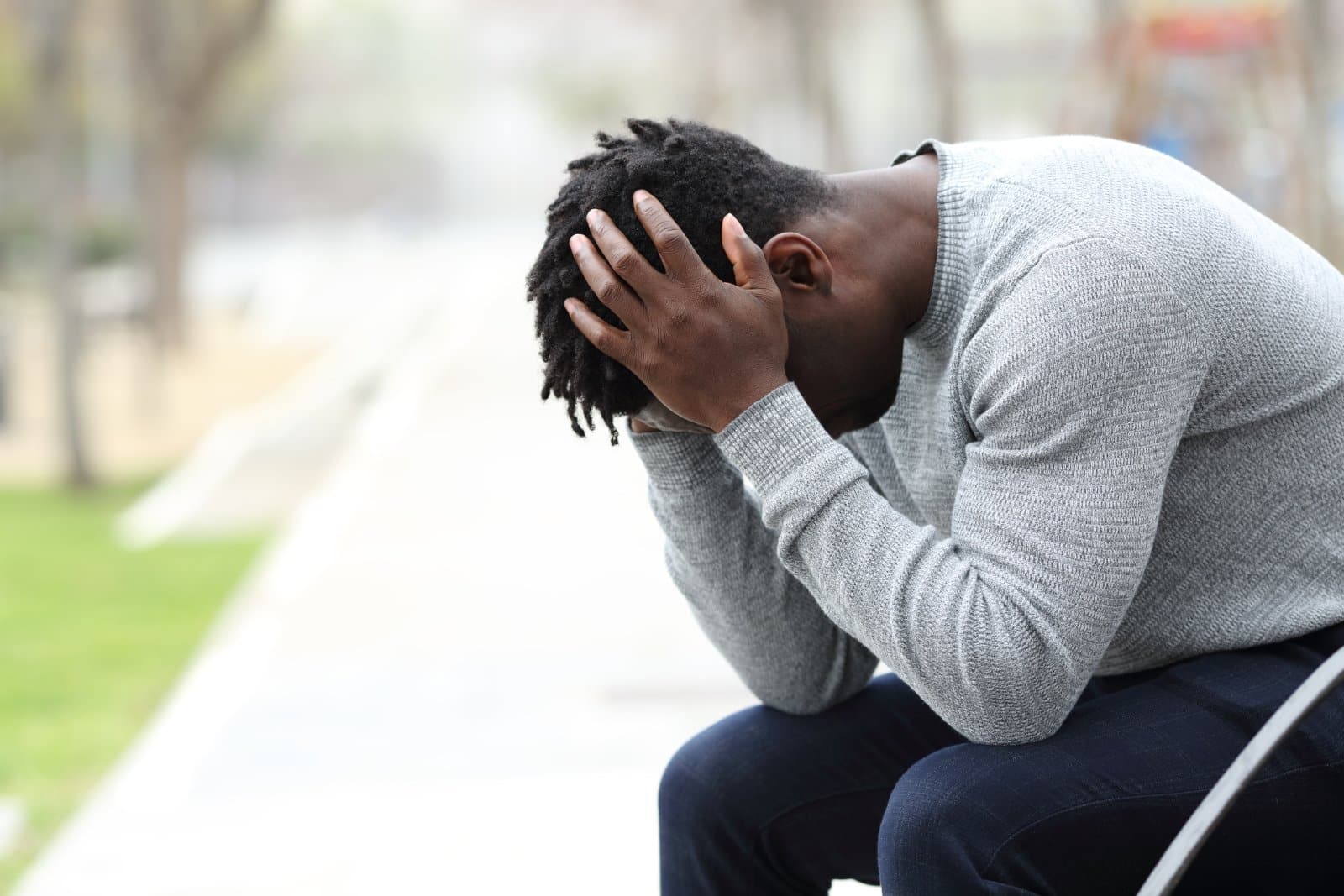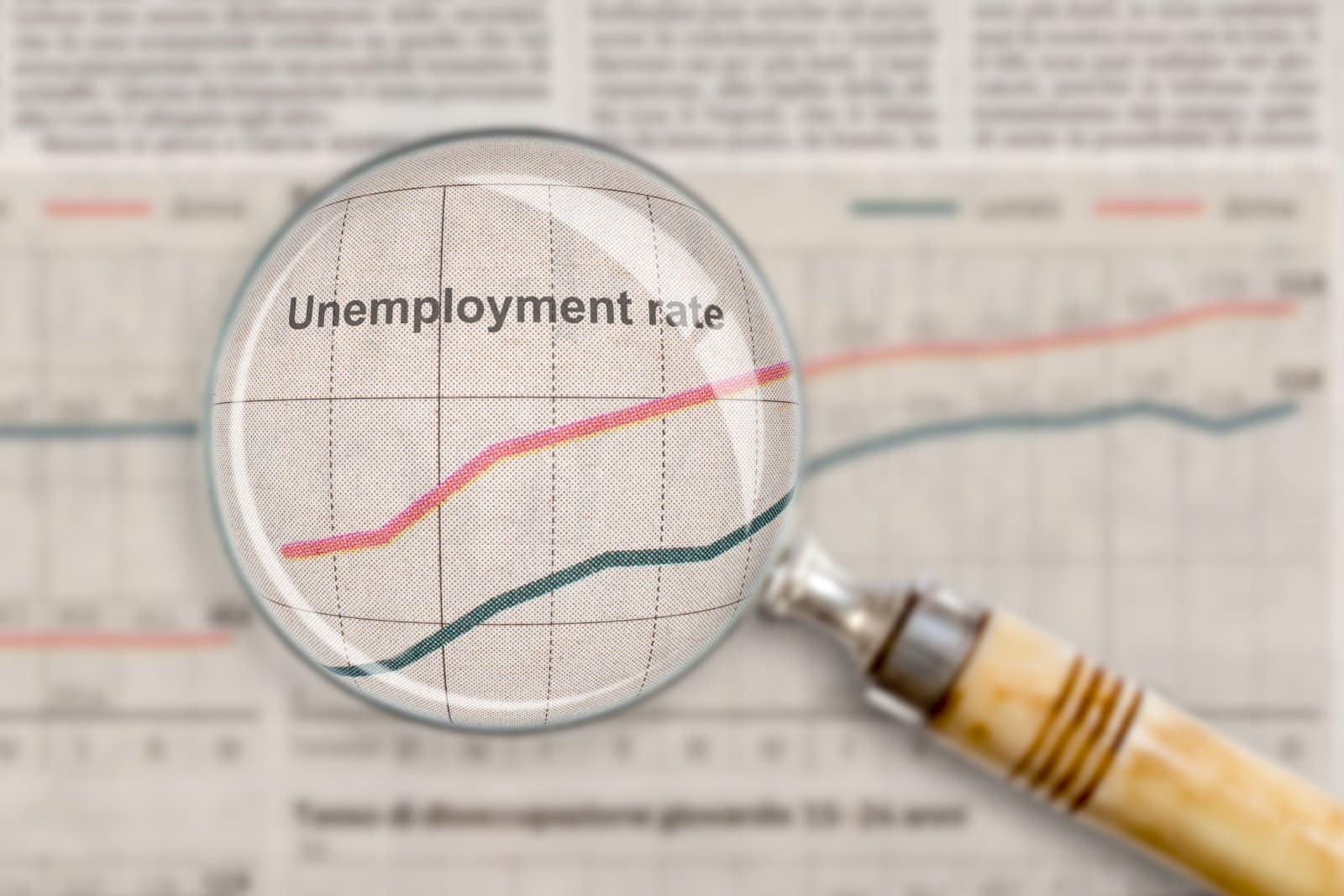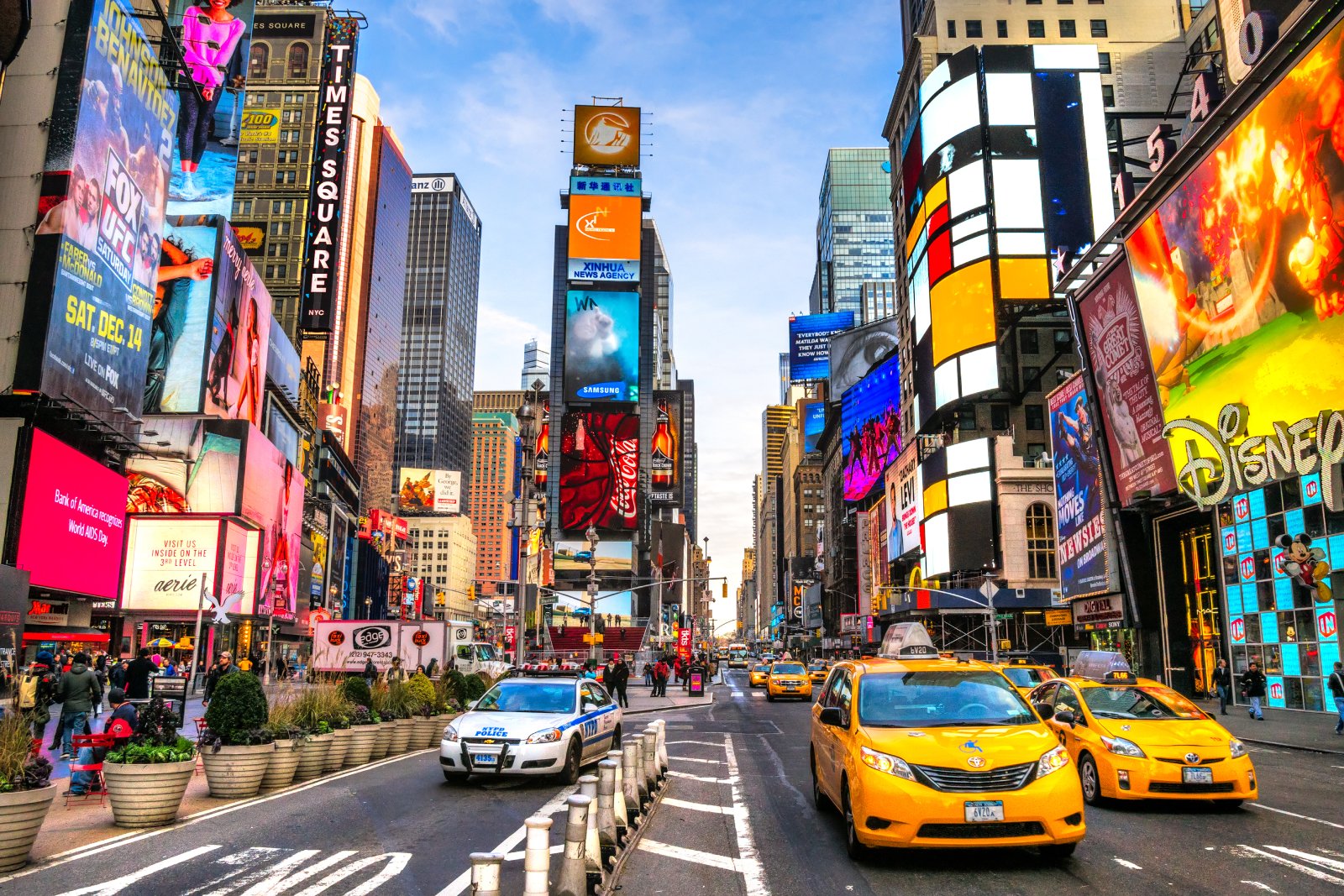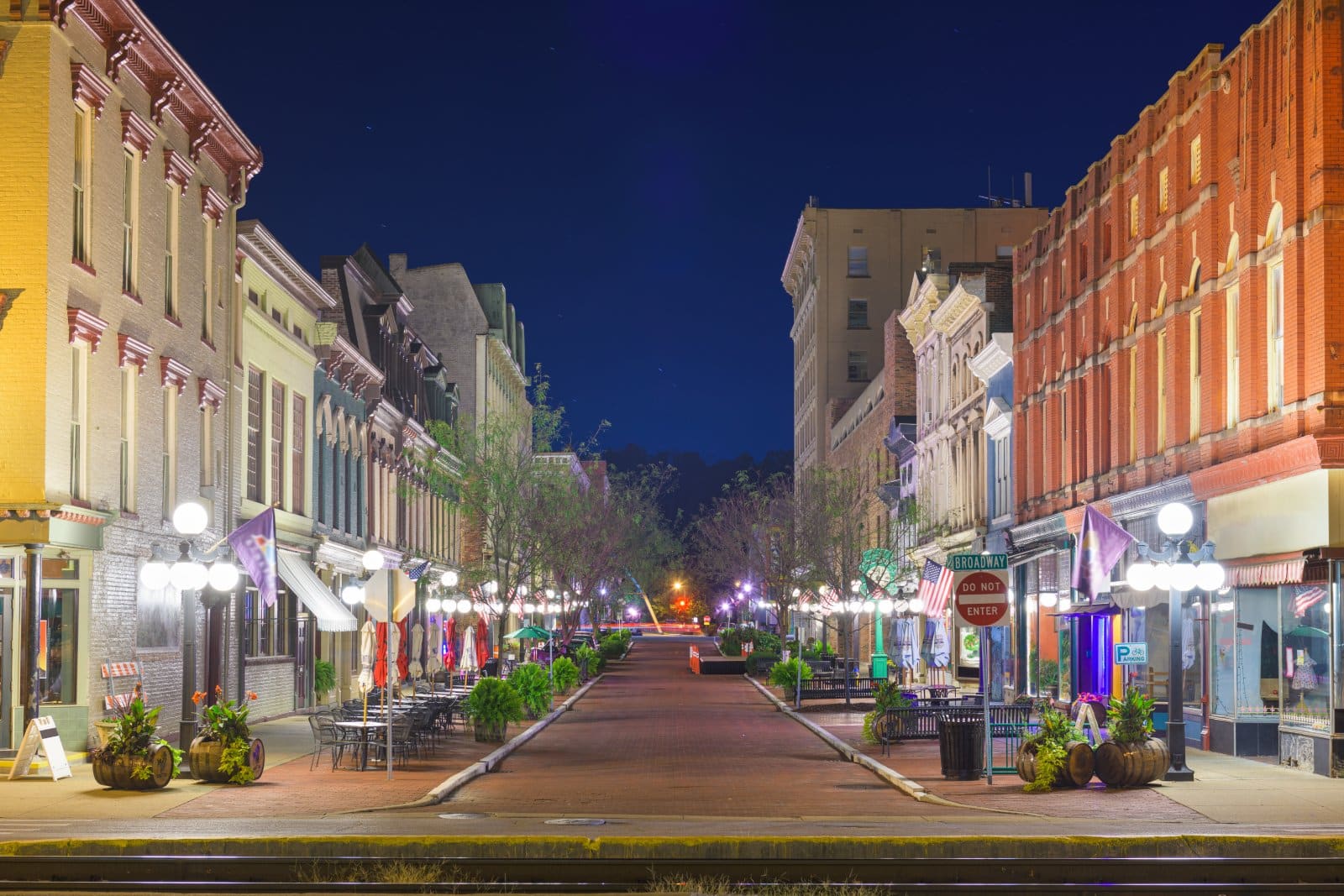In March, the government released new data on unemployment among Black Americans. The increase, especially among black women, has drawn attention from policymakers and economists. The disparity in joblessness rates between groups continues to be a significant concern.
Employment Situation Breakdown

Recent data from the Department of Labor reveals mixed results in the U.S. job market. While new jobs were created and pay increased, there was a concerning rise in unemployment among Black Americans.
Unemployment Surge Among African Americans

The jobless rate for Black people rose to a staggering 6.4% in March – up from the initial 5.6% in the previous month. The overall unemployment rate went down to 3.8%.
Gender Disparities

The data reveals a clear gap between Black women and men in unemployment rates. Unemployment for Black women aged 20 and up surged from 4.4% to 5.6% in February, while for Black men, the rate saw a slight increase from 6.1% to 6.2%.
Expert’s Insights

Economist Elise Gould finds this trend deeply worrying, noting that Black unemployment has been rising steadily since December. Gould urges closely analyzing the numbers in the coming months to better understand the situation.
Monthly Data Volatility

March’s employment increase was mainly due to many more Black women finding jobs, but experts caution against getting too excited or worried about changes in just one month’s numbers.
Monthly data for different groups fluctuates significantly and doesn’t always show accurate long-term trends.
Labor Force Participation Rate

Besides the unemployment rate, another critical number is the drop in the labor force participation rate for Black Americans, which shows the percentage of people who are either working or actively job hunting.
COVID’s Lasting Impact

The COVID-19 pandemic hit Black communities extremely hard, with Black unemployment spiking to 16.8% in 2020. While the overall economy has improved since then, the pandemic’s effects are still being felt more by some groups.
Comparison with Other Demographics

While Black unemployment increased, Hispanic unemployment dropped to 4.5%, and Asian unemployment fell to 2.5% in March, showing the complex job market in the U.S.
Historical Perspective

The recent rise in Black unemployment rates echoes patterns from the past and reminds us of levels seen in mid-2022. This historical context helps us understand the cyclical nature of job trends and their causes.
Statistical Anomalies

Some experts suggest the increase in Black unemployment may be a statistical oddity, pointing to small sample sizes when analyzing groups. However, Black unemployment has risen steadily since January, raising valid concerns about deeper structural issues.
Trend Analysis

Professor Gary Hoover from Tulane University stresses the importance of tracking unemployment patterns over time.
An increase in Black joblessness for three or four months might signal broader economic troubles, mainly for people with less training and work experience.
Vulnerability to Job Loss

On average, Black workers face a higher risk of losing jobs due to systemic barriers and unequal access to opportunities.
Understanding these vulnerabilities helps create policies promoting fair economic growth and employment.
Canary in the Coal Mine

Hoover compares Black unemployment to a “canary in a coal mine,” suggesting it may warn of broader economic issues. Tackling disparities in Black joblessness ensures social justice and overall economic stability.
Corporate Responsibility

Companies play a big part in ensuring fair job opportunities. Prioritizing diversity initiatives helps build a more inclusive workforce. Businesses contribute to creating an equal labor market.
Societal Benefits

Decreasing differences in jobs helps marginalized groups and also creates benefits for society. A more inclusive workplace leads to new ideas, productivity, and economic stability.
Policy Responses Needed

Gould says targeted policies are crucial to addressing systemic inequalities, emphasizing the need for initiatives focusing on education, workforce training, and preventing hiring discrimination.
Intersectional Analysis

Jasmine Tucker, an economist, says we must consider race and gender simultaneously. The rise in joblessness among Black women shows the complex challenges faced by disadvantaged groups in the workforce.
Economic Forecast

Looking ahead, economists remain hopeful but cautious about short-term changes, recognizing that they may be statistical flukes. However, a long-term rise signals deeper issues.
Policymakers, businesses, and community leaders must work together to address these underlying problems effectively.
21 States Where Squatters Can Legally Claim Your Property

Discover how squatters’ rights, or adverse possession, are more than just legal jargon—they’re stories of unexpected twists in the world of real estate. From sunny California to the historical landscapes of Pennsylvania, here’s how these laws could turn the tables on homeowners and squatters alike. 21 States Where Squatters Can Legally Claim Your Property
14 Things That Are Banned in the U.S. but Totally Fine Elsewhere

Ever feel like America’s rulebook was written by someone with a dartboard? Across the pond or down under, things get even wackier. Let’s take a walk on the wild side of global “Do’s” that are definite “Don’ts” in the Land of the Free. 14 Things That Are Banned in the U.S. but Totally Fine Elsewhere
25 American States Nobody Wants to Visit Anymore

Across the United States, some states capture the hearts and itineraries of many, while others remain quietly on the sidelines, overshadowed or misunderstood. These 25 states, facing what you might call a popularity crisis, are brimming with hidden wonders, cultural riches, and natural beauty, awaiting those willing to look beyond the usual tourist trails. 25 American States Nobody Wants to Visit Anymore
20 Foods That Are Cheaper to Eat Out Than Making at Home

In a world where convenience often wins, certain culinary delights come with a lower price tag when enjoyed at a restaurant rather than crafted in your own kitchen. Here are twenty foods that might save you both time and money when indulged in at your favorite eatery. 20 Foods That Are Cheaper to Eat out Than Making at Home
17 Things You’re Paying For, but You Don’t Have To

In the land of the free, there’s a price tag on everything, but savvy Americans know better than to open their wallets for just anything. Here are 17 expenses you’ve been shelling out for without realizing there’s a cheaper or even free alternative. 17 Things You’re Paying For, but You Don’t Have To
The post Black Unemployment Surge Sparks Concerns for U.S. Economy first appeared on From Frugal to Free.
Featured Image Credit: Shutterstock / Prostock-studio.
The content of this article is for informational purposes only and does not constitute or replace professional financial advice.
